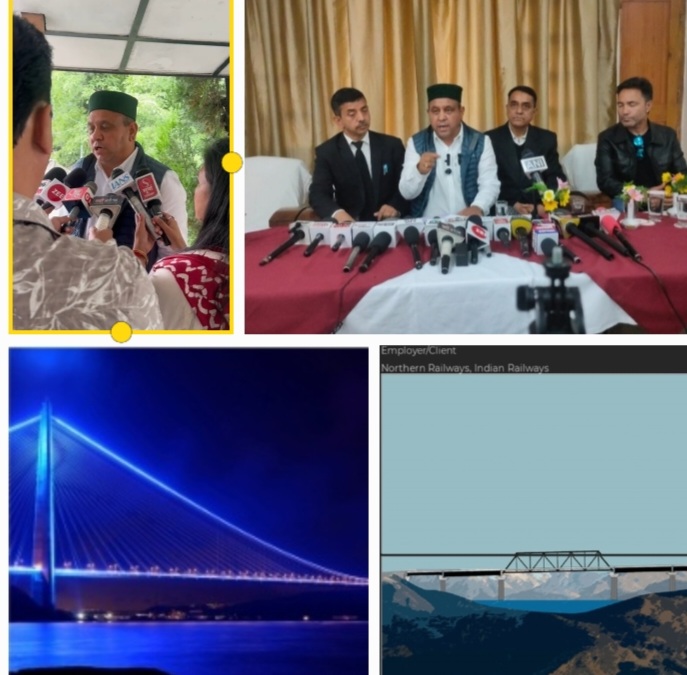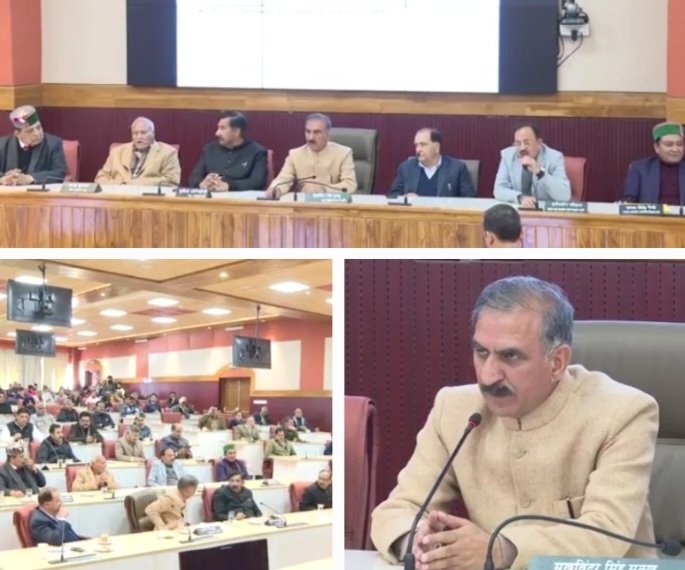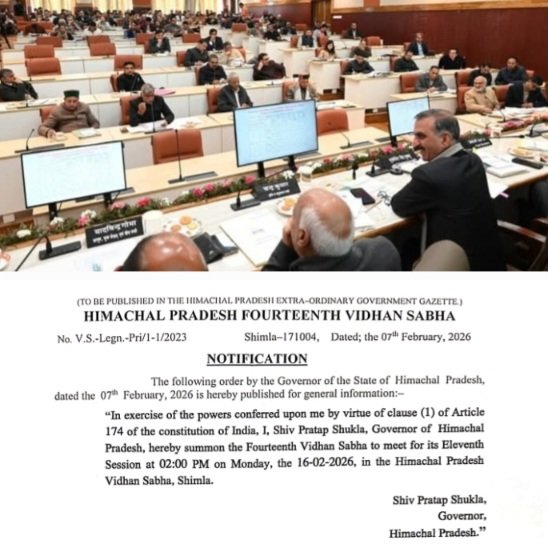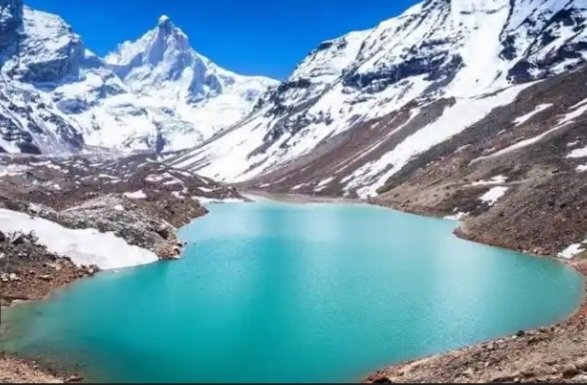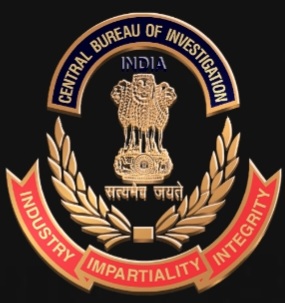By Kuldeep Chauhan, Editor-in-chief www.himbumail.com
SHIMLA/KULLU, May 16:
A full-blown people’s revolt has brewn across Himachal’s apple belt and tourism corridor in Devbhoomi —from Kullu to Lahaul-Spiti.
At the heart of the storm? A controversial railway survey by Turkish firm Yüksel Proje for the Bhanupalli–Bilaspur–Manali–Leh strategic rail line—a project now being called a “national blunder in the making” by locals.
Panchayats, Farmers, hoteliers, tribals, and civil society members have come together cutting across political lines to demand that the entire project be scrapped in its current form.
Their concern isn’t just emotional—it’s deeply strategic, economic, and environmental.
"This is not a railway, it's a ticking time bomb for Devbhoomi," thundered Ved Ram Thakur, Chief Advisor, Hotel Association Manali, and former head of the Pradhans’ Association.
“A Turkish firm, known for its proximity to Pakistan, is surveying one of India’s most sensitive Himalayan corridors. What are we thinking?”
The Turkish company, Yüksel Proje, in its own public documents, boasts of having designed over 120 river bridges, viaducts, and flyovers in the Himalayan stretch from Bilaspur to Leh—a terrain marked by steep slopes, seismic fragility, river scouring, and extreme weather.
“Seventy-meter-high piers, riverbed excavation, steel trusses launched with cantilever methods—do they even understand the soul of the Himalayas?” asked orchardist Lalit Singh Thakur, warning of mass deforestation, landslides, and the destruction of lakhs of apple trees.
“This is not Switzerland where you plug a viaduct and move on. One mistake and entire valleys vanish.”
And that’s not all. Advocate Rewat Rana cited national security threats: “The Turkish company has reportedly supported Pakistan’s terror proxies.
The recent exposure in Operation Sindoor and past attacks in Chamba’s Satrundi by infiltrators from Kishtwar show how porous and vulnerable this terrain is. We’re handing them a Google map of our borders!”
The fears are rooted in historical pain. Locals still remember how decades ago, terrorists infiltrated from Kishtwar into Chamba and massacred dozens of innocent villagers in Satrundi.
And today after Pahalgam Terror attack and what followed, that trauma echoes in Chamba, Lahaul’s frozen silence and Kullu’s rising rage.
“The line will gut our orchards, rip open sacred Devbhoomi lands and expose Devbhoomi, Ladakh, Lahaul and Chamba to new-age warfare—drone surveillance, cyber sabotage, and eco-terrorism,” warned Gyan Chand Thakur, a small apple farmer from Kullu.
“And all this while we are already gasping from loss of land to highways and crop failures.”
The project is already listed on the Turkish firm’s international website, showing advanced design techniques including top-down construction at riverbeds and foundations built deep into scouring-prone rivers—a direct hit on Himachal’s fragile hydrology and glacial systems.
What makes this more controversial is the lack of public consultation, as multiple Gram Panchayats across Kullu, Lahaul and Mandi have now passed resolutions opposing the project.
They’ve accused the Centre of ignoring local voices and treating strategic infrastructure like a construction contract.
“This isn’t just a protest—it’s a revolt,” said Ved Ram.
“If this survey isn't scrapped, and if Indian firms with Army backing don’t take over the design, the Centre will have Himachal’s wrath to answer for.”
The clincher? People now see this as a holy war to protect their deities, orchards, mountains, and borders. “Yeh Devbhoomi hai, deal ka playground nahi,” said Lalit Singh.
The Centre must now decide: Will it stand with Devbhoomi or with a foreign firm’s blueprint that might already be sitting in Beijing or Islamabad?
If one goes by the national sentiments and stance adopted by our strategists and strong political posturing by the Modi government at the centre, the hammer is already in its position only it is a matter of time.
#SaveDevbhoomi #RailwayOnEdge #AppleFarmersRise #HimalayasNotForSale #NationalSecurityFirst




